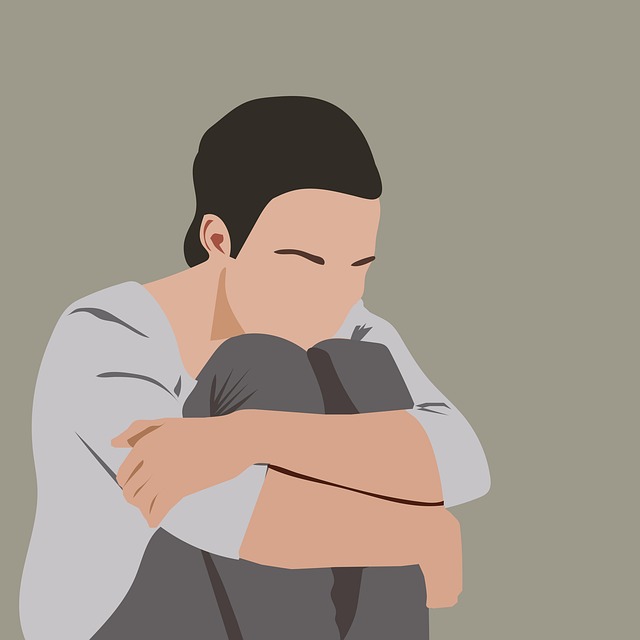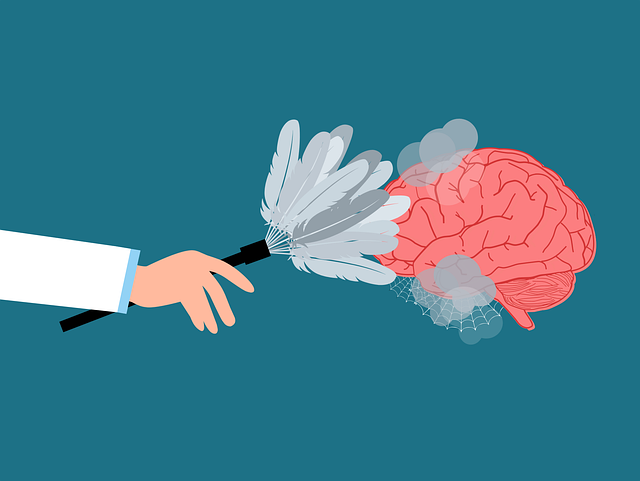Littleton Domestic Violence Therapy equips survivors with essential coping skills, stress management techniques, and emotional regulation strategies to overcome domestic violence. Their tailored approach focuses on personalized self-care practices, open communication, and conflict resolution for unique mental wellness paths. Through this support, individuals regain strength, confidence, and advocacy skills to break abusive cycles, navigate legal systems, and heal, ultimately rebuilding their lives free from violence's impact.
Coping skills development is a vital component in the journey towards healing and resilience, especially within the context of domestic violence therapy. This article explores the significance of cultivating effective coping strategies for individuals navigating traumatic experiences. We delve into understanding the root of coping skills and their pivotal role in recovery. Additionally, we present practical strategies for building resilience and highlight the transformative power of Littleton Domestic Violence Therapy in empowering survivors to overcome adversity.
- Understanding Coping Skills and Their Significance in Domestic Violence Therapy
- Strategies for Developing Effective Coping Skills
- The Role of Littleton Domestic Violence Therapy in Empowering Individuals to Build Resilience
Understanding Coping Skills and Their Significance in Domestic Violence Therapy

Coping skills are essential tools for individuals navigating domestic violence situations. They refer to the strategies people use to manage stress, overcome challenges, and maintain emotional balance during difficult times. In the context of Littleton Domestic Violence Therapy, understanding these coping mechanisms is pivotal. Many survivors of domestic abuse struggle with building inner strength and resilience, which can be achieved through learning effective conflict resolution techniques. These techniques empower individuals to address issues healthily without resorting to violence or further trauma.
Littleton Domestic Violence Therapy focuses on teaching clients a range of coping skills tailored to their unique experiences. This includes stress management strategies, emotional regulation techniques, and problem-solving abilities. By fostering inner strength development, survivors gain the confidence to make informed decisions and break free from abusive cycles. Moreover, these therapies often incorporate mental health policy analysis and advocacy, helping individuals understand their rights and advocate for themselves within the legal system, a crucial aspect of healing and rebuilding lives after domestic violence.
Strategies for Developing Effective Coping Skills

Developing effective coping skills is a crucial aspect of maintaining mental wellness and fostering resilience in the face of challenges. At Littleton Domestic Violence Therapy, we recognize that everyone’s journey to better mental health is unique. Our approach involves tailoring strategies to individual needs, ensuring each client receives personalized support. Effective coping mechanisms go beyond temporary fixes; they are sustainable tools for navigating life’s stressors and emotional difficulties.
One key strategy in our arsenal is promoting open communication. Encouraging clients to express their feelings and thoughts, whether through verbal conversations or creative outlets like writing, art, or music, can significantly alleviate anxiety relief. We also emphasize the importance of self-care practices tailored to individual preferences, from regular exercise and mindfulness techniques to engaging in hobbies that bring joy. Our Mental Wellness Podcast Series Production offers a diverse range of topics, providing valuable insights into various coping mechanisms and inspiring listeners to take charge of their mental health.
The Role of Littleton Domestic Violence Therapy in Empowering Individuals to Build Resilience

Littleton Domestic Violence Therapy plays a pivotal role in empowering individuals to build resilience against trauma and abuse. Through tailored therapeutic interventions, clients are equipped with essential coping skills to navigate challenging situations effectively. The therapy focuses on fostering emotional regulation, a crucial aspect of healing from past traumas often associated with domestic violence. By learning and practicing conflict resolution techniques, individuals gain agency over their lives, enhancing their ability to set boundaries and make informed decisions.
This supportive environment encourages clients to explore underlying issues, process complex emotions, and develop healthy coping mechanisms for both immediate and long-term depression prevention. Littleton Domestic Violence Therapy offers a safe space where individuals can begin to understand their worth and take proactive steps towards rebuilding their lives, free from violence and its lasting impacts.
Coping skills development is a vital component of healing and resilience-building, especially for individuals navigating domestic violence. By understanding and implementing effective coping strategies, as highlighted by Littleton Domestic Violence Therapy, people can empower themselves to break free from harmful cycles and lead more fulfilling lives. This article has provided insights into the significance of these skills and practical strategies to foster personal growth and well-being. Through specialized therapy, individuals can acquire the tools needed to cope with trauma, enhance resilience, and create a brighter future.














